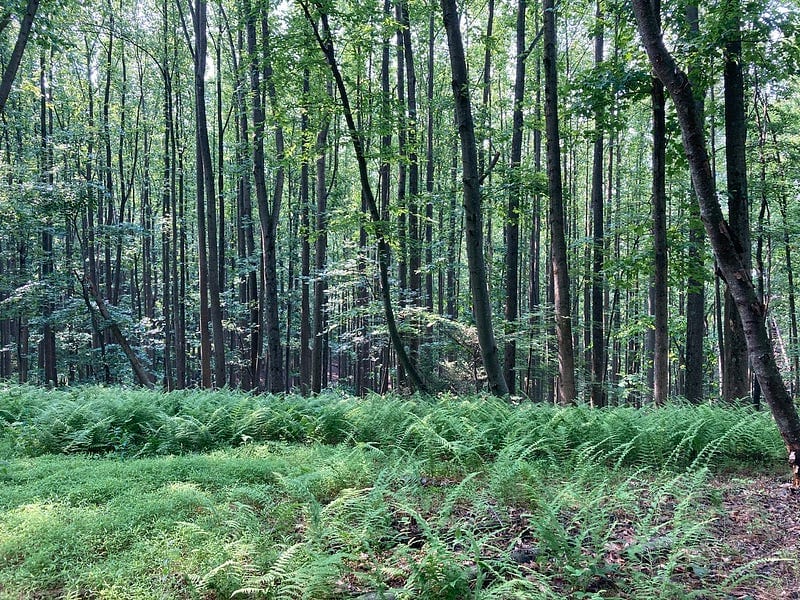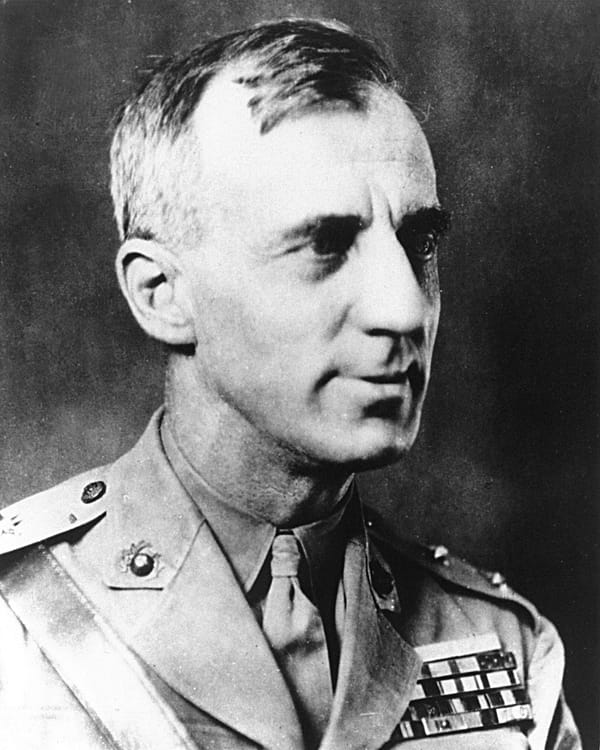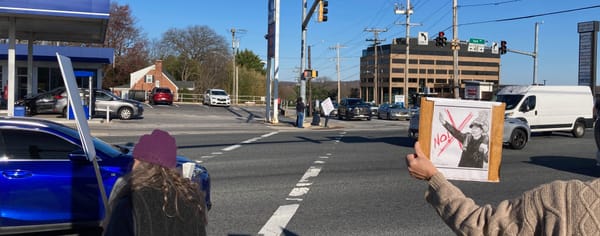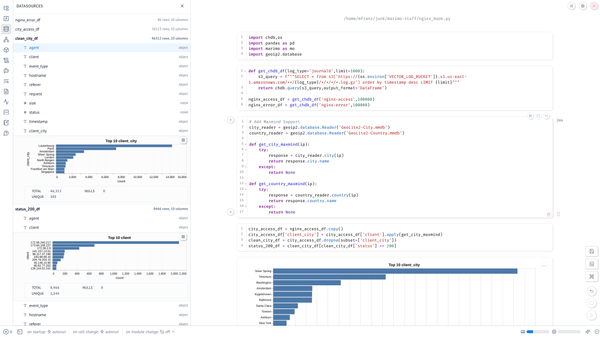H1 2023 Reading List
Since late Spring, the tech world has been caught up by AI and I’ve not been immune to this trend, spending every spare minute to learn…

Since late Spring, the tech world has been caught up by AI and I’ve not been immune to this trend, spending every spare minute to learn about embeddings, transformers models, and explore the Python APIs of the startups offering LLMs. Besides the never ending “recession watch,” Bloomberg is all about “the AI” and Nvidia. Companies are spending vast amount of time and energy to undertand and integrate Generative AI into their products — whether it is useful or not. As employees (and managers) we wonder if and when our jobs will be replaced, while the prospect of “existential risk” (and regulation in the EU/US) are debated by those know more or less about the law and tech.
Back in the real world, it is late-June in Maryland and the mildest Summer that I can remember — even though the skies were orange with smoke from Canadian wildfires a few weeks ago. It reminded me of my trips to New Delhi in the mid 2010s. At least twice a month this year, my youngest son and I have hit the trails in the Appalachian Mountains. This past weekend, we camped in Michaux Forest. It was far more desolate than the KOA campground in Shenandoah during Spring Break, but not desolate enough since there was still reliable cell service and I could still add new books to my Kindle. To distract myself from bear attacks (and the only slightly more irrational fear of “The Blair Witch” — because who is not afraid of camping in the Appalachian Mountains after watching that movie?)
I downloaded the new release of the English translation of Kairos by Jenny Erpenbeck, who I discovered via The Atlantic. She has got me hooked on fiction a way that I haven’t been since my early 20s. Although I was an English major (and wannabe writer) as a young adult, I mainly consumed fiction and poetry, but after I got into tech I mainly read other things. Novels and short stories were few and far between. Last year I struggled to finish Cormac McCarthy’s The Passenger although The Road is one of my favorite novels ever. He died this past week. When I read fiction in my 20s, my preference was European literature. Kafka and Kundera.
Kairos reminds me somewhat of The Unbearable Lightness of Being. I don’t think think it is just because of all the sex and infidelity. Erpenbeck’s works (I have finished Visitation, Kairos and am halfway through The End of Days) are deeply infused with history, although the fragmentary vignettes of Visitation are more more gauzy, lacking the specific historical references of her latest novel. We only sense the passing of time based on the occasional historial references. A Jewish family sinking their treasures in the lake. A young girl hiding from the Nazi’s only to be taken away to the death camp. Soviet soldiers occupying the house, raping one of the inhabitants who was hiding in a closet. Soldiers defecating everywhere. The Wall going down. A final marker in the decades long portrayal of a house by a lake. Kairos is more condensed and concrete, set in the final years of East Germany, and framed by the female protagonist reviewing Stasi files of her former lover, reminding me of The Lives of Others.
My “Milan Kundera phase” was at the close of the Cold War, 33 years ago when I was in SIGINT Analyst training in West Texas and we were still learning Soviet, East German, and Czech order of battle. This war with the USSR would never happen. Most of my class would go on to serve in the first Gulf War and would never apply what we learned and our knowledge of the Fulda Gap. I have to believe that the new Cold War with Russia (with similiar scenes of rape and destruction in Ukraine still our minds) is behind my rekindled interest with European literature set at the end of the Cold War like Kairos. Maybe it is part of the broader GenX Cold War nostalgia that made The Americans so appealing. With the aborted Wagner coup last weekend, we have more proof that this decade is certainly not dull, whether or not history is back.
Fiction
- Kairos by Jenny Erpenbeck and Michael Hofmann (2023)
- The End of Days by Jenny Erpenbeck and Susan Bernofsky (2016)
- Visitation. Jenny Erpenbeck and Susan Bernofsky (2010)
History & Biography
- To the End of the Earth: The US Army and the Downfall of Japan, 1945
by John C. McManus (2023) - American Prometheus: The Triumph and Tragedy of J. Robert Oppenheimer by Kai Bird and Martin J. Sherwin (2007)
- Civil War by Other Means: America’s Long and Unfinished Fight for Democracy by Jeremi Suri
Security & Technology
- Policy Design in the Age of Digital Adoption: Explore how PolicyOps can drive Policy as Code adoption in an organization’s digital transformation
by Ricardo Ferreira (2022)
Business & Management
- Scaling People: Tactics for Management and Company Building
by Claire Hughes Johnson (2023) - Good Strategy Bad Strategy: The Difference and Why It Matters
Richard Rumelt (2011) - Management 3.0: Leading Agile Developers, Developing Agile Leaders by Jurgen Appello (2010)



